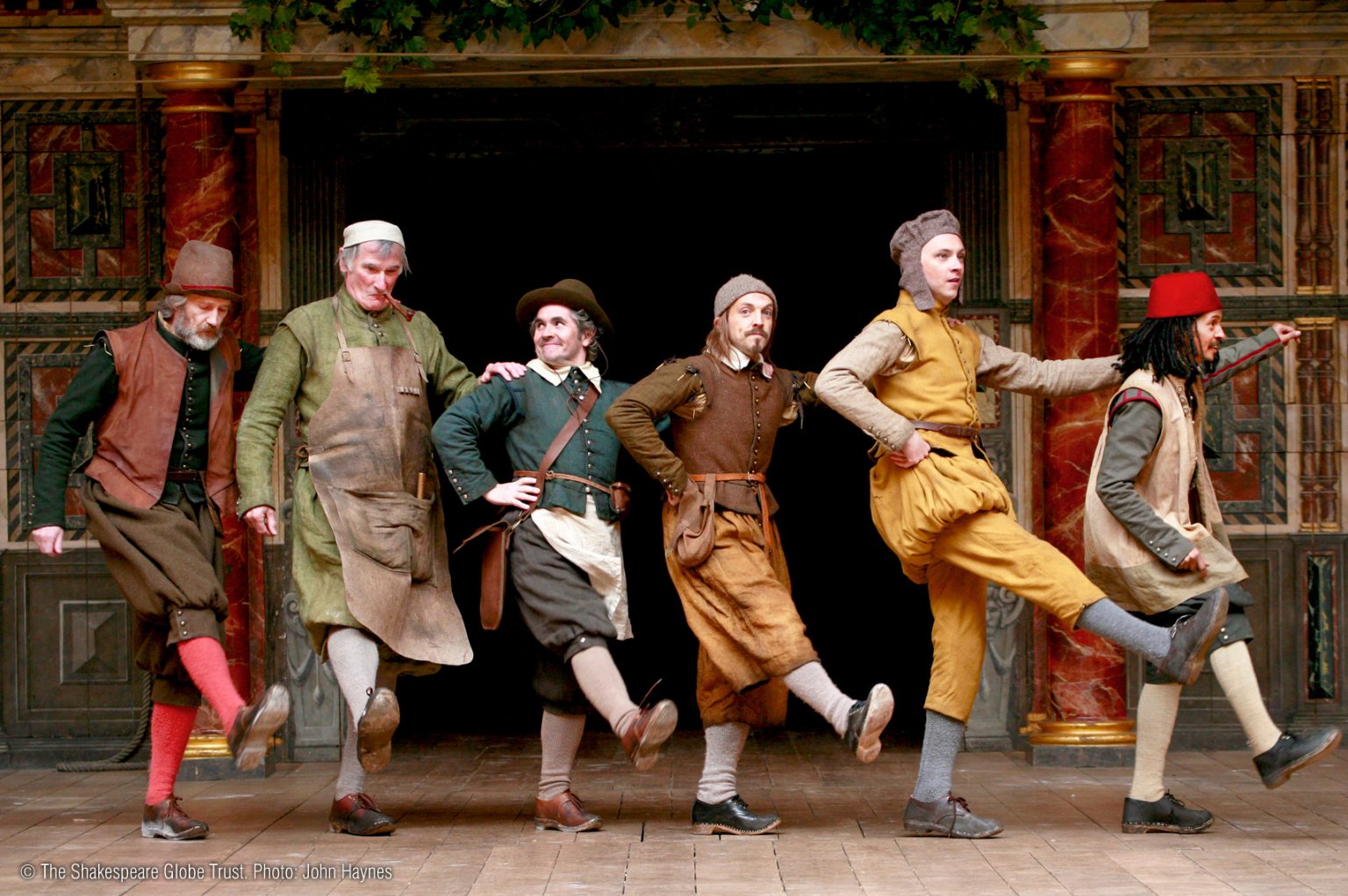Importance of Music in Theatre
Importance of Music in Theatre
Theatre is the most realistic form of acting and without music, the various flavors of the theatre can vanish. While it can provide tone or mood, it can also provide more specific information to the audience. Sometimes a character will have a theme or musical motif that the audience hears every time the character appears onstage. Once such a theme has been established, it can be used to foreshadow the character. Music has been an integral part of theater in the Western world as far back as the tragedies and comedies of ancient Greece. Music can reveal the inner emotional life of a character, foreshadow a vicious attack or budding love, or comment on the action onstage. It allows the actors and audience to understand the better exposition of an actor, scene, or sequence. According to the first theatrical scholar, Aristotle, the six elements that make up any drama are plot, character, thought, diction, music, and spectacle. Other traditions of theater from Asia, Africa, and elsewhere, share in the essential nature of music in theater.
As Tennessee William's play The Glass Menagerie opens, Tom, the narrator, tells the audience: ''In memory, everything seems to happen to music. That explains the fiddle in the wings.''
While the texts of many ancient Greek play texts survive today, none of the original music does. Scholars believe that the playwrights wrote their own music as well as staged and directed their own plays.
Of the Greek chorus, we know that portions of their lines were spoken in unison, portions were intoned, and other portions were sung. We also know that early flutes, lyres, and drums accompanied the original productions. From that point forward, music has always been integral to a theatrical production. Historically, almost every known form of theater has included a musical element: Roman Theater, liturgical drama, commedia dell'arte, Renaissance drama, Elizabethan theater, restoration plays, and more.
The theater's three primary forms of music are source music, underscoring, and songs. Music, they believe, comes closest to expressing inexpressiveness when composed meaningfully. The beauty of composing music for a stage is that it is like scoring a living film; it is immersive and varies from one night to the next. The musicality of Shakespeare’s verse is what makes it particularly inspiring to compose for him, according to Renell.
Source music is any music that would actually be playing in the world of the play. Plays often have onstage radios or other music-making machines from which music emanates. Sometimes, plays even refer to musicians who are on stage or just offstage. In film terms, this is known as diegetic sound.
Court scenes in Elizabethan plays often call for ''tickets'' (brass fanfares) to announce the entrance of a royal character. In Tennessee Williams' A Streetcar Named Desire, set in the French Quarter of New Orleans, the sound of blues music coming in from the street pervades the play, clearly setting the locale as well as the mood for the audience.
Williams' opening stage directions call for music from, ''just around the corner, or a few doors down the street, from a tinny piano being played. This 'Blue Piano' expresses the spirit of the life which goes on here. . . Above the music of the 'Blue Piano' the voices of people on the street can be heard overlapping.'' This use of music is atmospheric, clearly placing the audience in a specific place.
Other than the obvious example of musicals, characters in plays do sing from time to time. As Desdemona is preparing to go to bed in the final act of Shakespeare's Othello, she sings one of his saddest songs, ''The Willow Song.'' Most of Shakespeare's plays include some sung material. In fact, Shakespeare's texts make reference to more than 100 songs in his plays.




Comments
Post a Comment